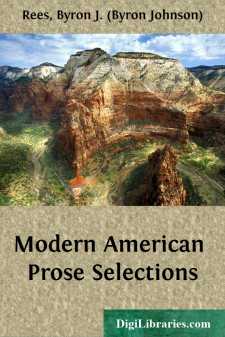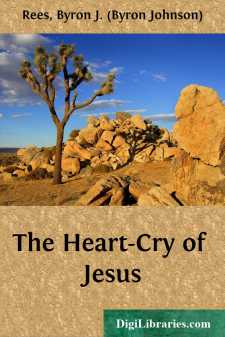Categories
- Antiques & Collectibles 13
- Architecture 36
- Art 48
- Bibles 22
- Biography & Autobiography 815
- Body, Mind & Spirit 144
- Business & Economics 28
- Children's Books 18
- Children's Fiction 14
- Computers 4
- Cooking 94
- Crafts & Hobbies 4
- Drama 346
- Education 58
- Family & Relationships 59
- Fiction 11834
- Games 19
- Gardening 17
- Health & Fitness 34
- History 1378
- House & Home 1
- Humor 147
- Juvenile Fiction 1873
- Juvenile Nonfiction 202
- Language Arts & Disciplines 89
- Law 16
- Literary Collections 686
- Literary Criticism 179
- Mathematics 13
- Medical 41
- Music 40
- Nature 179
- Non-Classifiable 1768
- Performing Arts 7
- Periodicals 1453
- Philosophy 65
- Photography 2
- Poetry 896
- Political Science 203
- Psychology 44
- Reference 154
- Religion 515
- Science 126
- Self-Help 85
- Social Science 83
- Sports & Recreation 34
- Study Aids 3
- Technology & Engineering 59
- Transportation 23
- Travel 463
- True Crime 29
Our website is made possible by displaying online advertisements to our visitors.
Please consider supporting us by disabling your ad blocker.
Modern American Prose Selections
Categories:
Description:
Excerpt
PREFACE
As the reader, if he wishes, may discover without undue delay, the little volume of modern prose selections that he has before him is the result of no ambitious or pretentious design. It is not a collection of the best things that have lately been known and thought in the American world; it is not an anthology in which "all our best authors" are represented by striking or celebrated passages. The editor planned nothing either so precious or so eclectic. His purpose rather was to bring together some twenty examples of typical contemporary prose, in which writers who know whereof they write discuss certain present-day themes in readable fashion. In choosing material he has sought to include nothing merely because of the name of the author, and he has demanded of each selection that it should be of such a character, both in subject and style, as to impress normal and wholesome Americans as well worth reading.
The earlier selections--President Roosevelt's noble eulogy upon Lincoln, Secretary Lane's two addresses on American tradition and heritage, and Governor Coolidge's address at Holy Cross--remind the reader of the high significance of our national past and indicate the promise of a rightly apprehended future. There follow two articles--"Our Future Immigration Policy," by Commissioner Frederic C. Howe, and "A New Relationship between Capital and Labor," by Mr. John D. Rockefeller, Jr.--on subjects that press for earnest consideration on the part of all who are intent upon the solution of our problems. Mr. Alvin Johnson's playful yet serious essay on "the biggest, kindliest, most honest and honorable tribal head that ever lived" completes the group of what may be termed "Americanization" Papers.
Perhaps the best of the many magazine articles that President Wilson has written is that which serves as a link--for those to whom links, even in a miscellany, are a satisfaction--between the earlier selections and those that follow. "When a Man Comes to Himself," expressing as it does in English of distinction the best thought of the best Americans concerning the individual's relation to society and to the state, will probably be widely read, with attention and gratitude, for many years to come. Associated with Mr. Wilson's article are three selections presenting various aspects of self-realization in education. One of them, "The Fallow," deals in signally happy manner with the insistent and vital question of the study of the Classics.
That scholarly and competent literary criticism need not be dull or deficient in charm is obvious from an examination of Mr. Bliss Perry's masterly study of James Russell Lowell and Mr. Carl Becker's subtle and discriminating analysis of The Education of Henry Adams. Both writers attack subjects of considerable complexity and difficulty, and both succeed in clarifying the thought of the discerning reader and inducing in him an exhilarating sense of mental and spiritual enlargement.
From the many notable autobiographies that have appeared during recent years the editor has chosen two from which to reprint brief passages....



